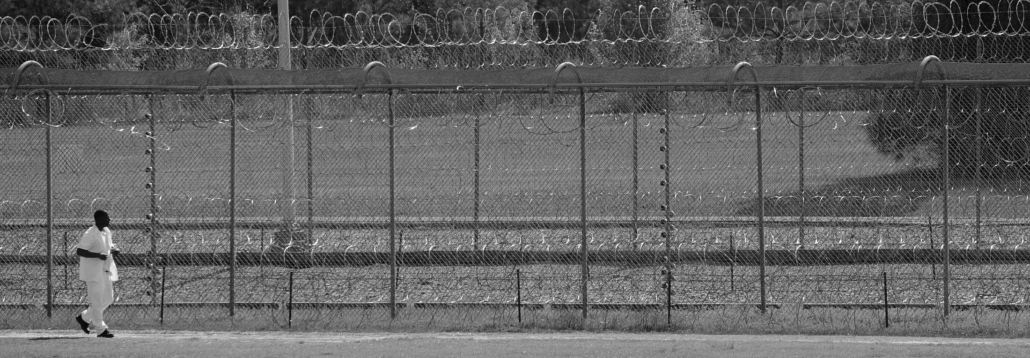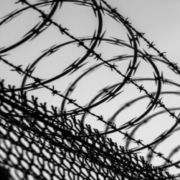By Eddie Burkhalter, Appleseed Researcher

Two men in two separate Alabama prisons attempted suicide on Sunday. One of the men, 34-year-old Steven Craig Seay, died at St. Clair Correctional Facility, the Alabama Department of Corrections (ADOC) confirmed for Appleseed.
The other man, a 32-year-old, survived and was taken from Donaldson Correctional Facility to a local hospital, according to sources and ADOC. Appleseed isn’t naming the man to respect his privacy as he recovers.
Mr. Seay’s death is at least the second in Alabama prisons this month and follows at least nine in-custody deaths in May. There have been at least 56 deaths in Alabama prisons this year, but that number is likely higher. Of those deaths this year, nine are suspected homicides, two are suspected suicide and at least 33 are suspected overdose deaths.
ADOC doesn’t release timely reports on prison deaths, leaving it up to journalists and others to receive tips and seek confirmation. With prisons woefully overpopulated and understaffed, despite a court order to increase the number of correctional officers, the State is failing to keep incarcerated people safe from deadly drugs and violence. The staffing woes also leave some dorms and cellblocks with minimal supervision delaying medical attention after assaults or suicide attempts.
William Lynn Smith, 48, died on June 3 in a segregation cell at Donaldson prison and was on suicide watch at the time, according to sources. Smith’s cause of death awaits a full autopsy.
Alabama prison deaths reached a record high 270 last year, more than double the 130 deaths in 2019 when the U.S. Department of Justice released a report detailing horrific and widespread violence, death, and sexual abuse inside Alabama’s prisons for men.
Suicides in Alabama prisons aren’t uncommon, and the deaths are the result of ADOC’s failure to protect the most vulnerable from harm and to comply with multiple court orders.
U.S. District Judge Myron Thompson in the ongoing Braggs v. Dunn case concerning mental health care in Alabama prisons ordered the state to hire an additional 2,000 officers. Thompson’s 2017 ruling found that Alabama’s “horrendously inadequate” care of mentally ill inmates violated the U.S. Constitution’s ban on cruel and unusual punishment.
By December 2021, the state still had not complied. “What was true four years ago is no less true today: ADOC does not have enough correctional staff to provide constitutionally adequate mental-health care to prisoners who need it,” Thompson wrote in that order.
This January, ADOC’s quarterly report published states that for the fiscal year ending on Sept. 30, 2022, ADOC recorded a net decrease of 415 security employees. The latest quarterly report shows another net loss of 52 security staff as of Dec. 31, 2022.
Appleseed regularly talks to incarcerated people who have witnessed attacks and suicides in areas where officers aren’t present, and where even after such incidents it can take many minutes to draw officers’ attention to provide aid, which has cost lives.
The federal government in December 2020 sued the state and ADOC and allege that the state “fails to provide adequate protection from prisoner-on-prisoner violence and prisoner-on-prisoner sexual abuse, fails to provide safe and sanitary conditions, and subjects prisoners to excessive force at the hands of prison staff,” according to the lawsuit.
U.S. District Judge David Proctor in an order told attorneys for both sides to be ready for trial in November 2024.
Appleseed advocates for increased public safety solutions outside of incarceration because little, if any, treatment and rehabilitation occur in conditions that are so deadly and dangerous.





Leave a Reply
Want to join the discussion?Feel free to contribute!